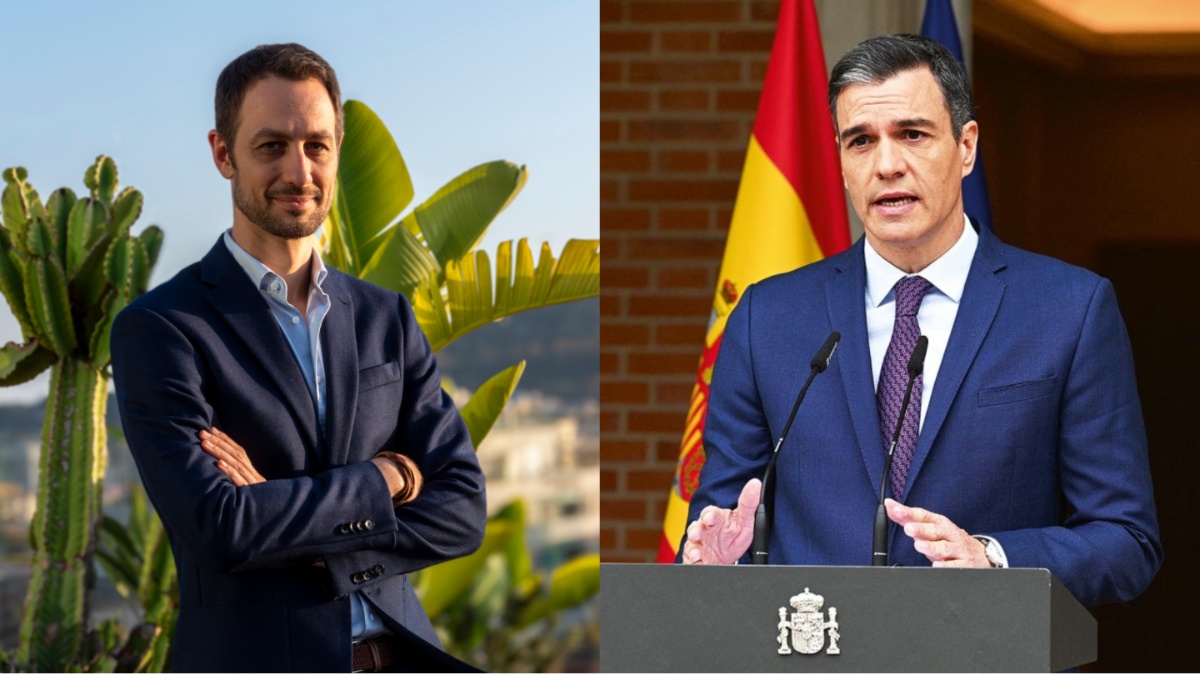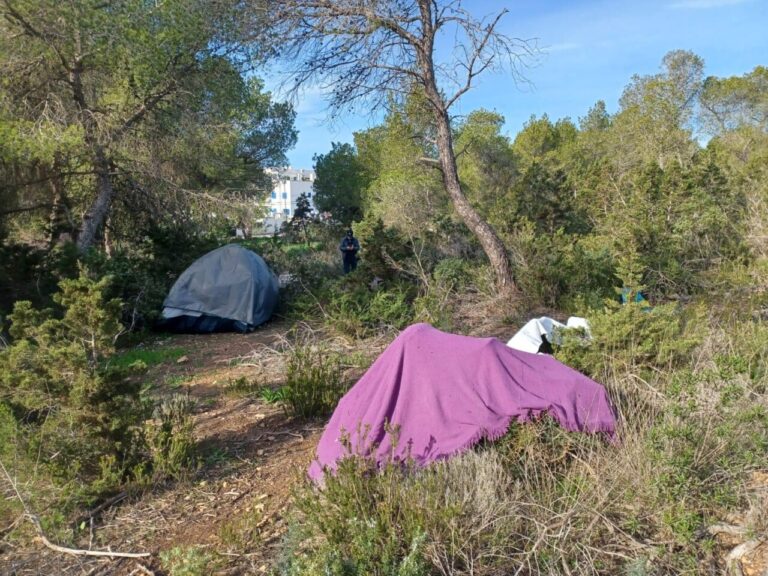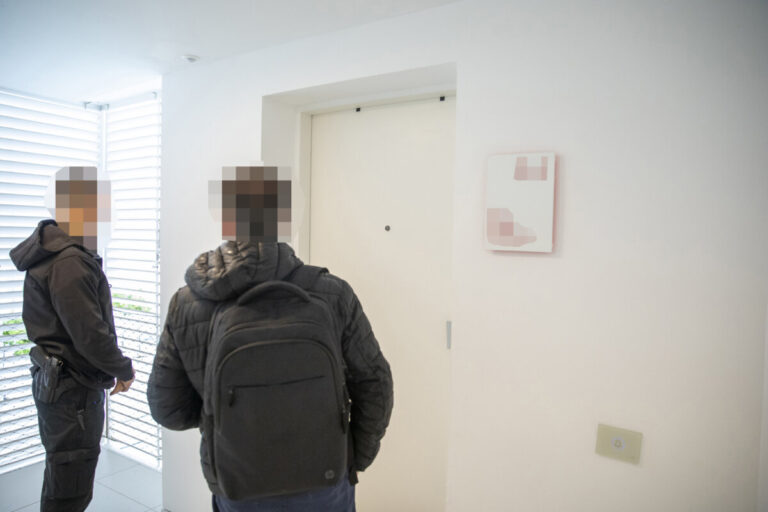Airbnb has raised its voice against the restrictions for short-term rentals proposed by the proposed by Prime Minister Pedro Sánchez, arguing that these measures could have a significant negative economic and social impact. According to a report by Oxford Economics, tourist homes contribute 2% of Spain’s GDP (€30 billion) and support more than 400,000 jobs across the country.
“These hasty restrictions could result in high costs for families and harm the development of rural areas and small local businesses,” said Jaime Rodriguez de Santiago, Airbnb’s general manager for Spain and Portugal in the aforementioned report. The platform also highlighted that “78% of the spending generated by tourist rentals directly benefits small businesses, restaurants and local transportation” and that “only 0.3% of the increase in housing prices in the last five years corresponds to tourist housing”..
The report further reveals that listings dedicated exclusively to tourism activity available on Airbnb in major cities such as Lisbon, Barcelona, Madrid, Paris, Berlin and Amsterdam do not exceed 0.5% of the total housing supply in those cities.
The report also highlights that, if all tourist housing on platforms such as Airbnb were returned to the residential market, rental prices in cities such as Madrid and Barcelona would barely decrease between 0.3% and 0.4%, which calls into question the effectiveness of these measures to solve the housing crisis.
Pedro Sanchez’s statements and Airbnb’s response
Pedro Sánchez recently announced a package of measures on housing, declaring that in Spain “there is a surplus of Airbnb and a lack of housing”. This statement, added to proposals to limit tourist rentals, has provoked a response from the digital platform.
Airbnb argues that it has become a scapegoat for the country’s housing problems. “Banning tourist apartments means handing over all pricing power to hotels and will make it difficult for families to travel,” stated Rodríguez de Santiago. In addition, the company criticizes that the current regulations do not differentiate between the occasional use of housing by families and intensive business activities.
Airbnb’s regulatory proposal
Instead of generalized restrictions, Airbnb proposes a regulatory model based on four principles:
- Differentiate between business activities and occasional lodging.
- Create a single, harmonized and free registration system, in accordance with EU regulations.
- Apply evidence-based, data-driven, proportionate and non-discriminatory rules.
- Adapt regulations to the needs of rural and urban areas, promoting the dispersion of tourism.
“We are not the main problem, but we can be part of the solution,” concluded Rodriguez de Santiago, underlining Airbnb’s willingness to work with authorities on regulations that balance economic and social interests with Spain’s major housing challenges.










